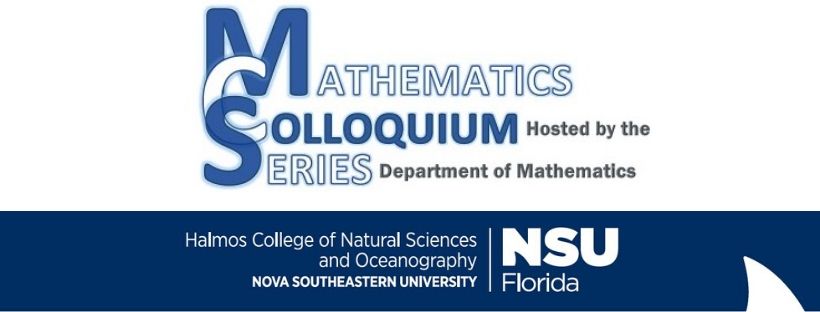Description
The qualitative theory of dynamical systems is concerned with studying the long time behavior discrete and continuous time models such as nonlinear differential equations. The long time behavior of such models is organized by landmarks called invariant sets. For complicated nonlinear equations these invariant sets are difficult to study via pen and paper analysis, and we typically employ numerical simulations to gain insights into the dynamics. If we now think of these computer assisted insights as mathematical conjectures, then it is natural to ask how we might obtain proofs. Since the conjectures themselves originate with the computer it is not surprising that computer assistance is sometimes needed to prove the desired theorems. In this talk I will discuss some numerical methods for computing invariant sets for nonlinear differential equations, and indicate how these computations can be distilled into mathematical theorems. A byproduct of this discussion is that we obtain `validated' a posteriori error bounds on our scientific computations.
Date of Event
September 10, 2015 12:00-1:00 PM
Location
Mailman-Hollywood Building Auditorium
Computing Invariant Dynamics for Differential Equations: Spectral Methods, Errors, and Computer Assisted Proof
Mailman-Hollywood Building Auditorium
The qualitative theory of dynamical systems is concerned with studying the long time behavior discrete and continuous time models such as nonlinear differential equations. The long time behavior of such models is organized by landmarks called invariant sets. For complicated nonlinear equations these invariant sets are difficult to study via pen and paper analysis, and we typically employ numerical simulations to gain insights into the dynamics. If we now think of these computer assisted insights as mathematical conjectures, then it is natural to ask how we might obtain proofs. Since the conjectures themselves originate with the computer it is not surprising that computer assistance is sometimes needed to prove the desired theorems. In this talk I will discuss some numerical methods for computing invariant sets for nonlinear differential equations, and indicate how these computations can be distilled into mathematical theorems. A byproduct of this discussion is that we obtain `validated' a posteriori error bounds on our scientific computations.




Presenter Bio
J.D. Mireles James is an Assistant Professor in the Department of Mathematical Sciences at Florida Atlantic University. He received his Ph.D. from the University of Texas at Austin in 2009 and was then a Hill Assistant Professor at Rutgers University until 2014. His research focuses on computational techniques in nonlinear analysis and dynamical systems theory. More specifically he works on methods for efficient and accurate numerical computation of invariant manifolds and connecting orbits, and is especially interested in a posteriori analysis and computer assisted proofs involving these objects.